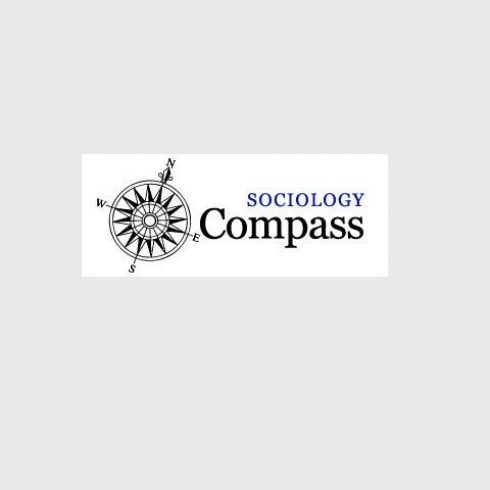Hygiene and Biosecurity
The Language and Politics of Risk in an Era of Emerging Infectious Diseases
Brian Brown, Brigitte Nerlich, Paul Crawford
Sociology Compass, 3(5), 811-823 2009

Abstract
Infectious diseases, such as methicillin‐resistant Staphylococcus aureus and avian influenza, have recently been high on the agenda of policy makers and the public. Although hygiene and biosecurity are preferred options for disease management, policy makers have become increasingly aware of the critical role that communication assumes in protecting people during outbreaks and epidemics. This article makes the case for a language‐based approach to understanding the public perception of disease. Health language research carried out by the authors, based on metaphor analysis and corpus linguistics, has shown that concepts of journeys, pathways, thresholds, boundaries and barriers have emerged as principal framing devices used by stakeholders to advocate a hygiene based risk and disease management. These framings provide a common ground for debate, but lead to quite different perceptions and practices. This in turn might be a barrier to global disease management in a modern world.
View Publication > Share
Share






Commentary
The latest commentary on the use of antimicrobials in society.
Drugs, Bugs and our Precarious Existence
This weekend I had the privilege of engaging with Laura Piddock and Ed Whiting and members of the public at...
Submissions to the AMIS Hub
Are you a social scientist who is working in antimicrobial resistance (AMR)?
Markets and Pharmaceuticals: Hardship, Antibiotics, and Markets for...
Northern Thailand (Chiang Rai), 19 March 2018, 7am: The steep mountain road winds through rice fields, small streams, and coffee...